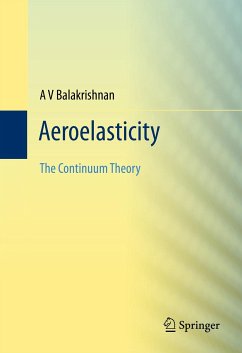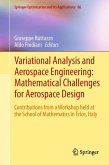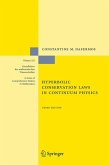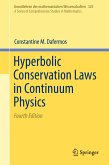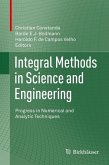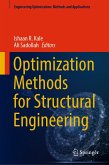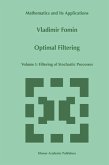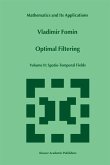Aeroelastic instabilities such as divergence and flutter and aeroelastic responses togusts can pose a significant hazard to the aircraft and impact its performance. Yet, it is now recognized that there are many other physical phenomena that have similar characteristics ranging from flows around flexible tall buildings and long span bridges, alternate energy sources such as electric power generation by smart structures to flows internal to the human body.
From the foreword:
"For the theorist and applied mathematician who wishes an introduction to this fascinating subject as well as for the experienced aeroelastician who is open to new challenges and a fresh viewpoint, this book and its author have much to offer the reader."
Earl Dowell, Duke University, USA
Dieser Download kann aus rechtlichen Gründen nur mit Rechnungsadresse in A, B, BG, CY, CZ, D, DK, EW, E, FIN, F, GR, HR, H, IRL, I, LT, L, LR, M, NL, PL, P, R, S, SLO, SK ausgeliefert werden.

